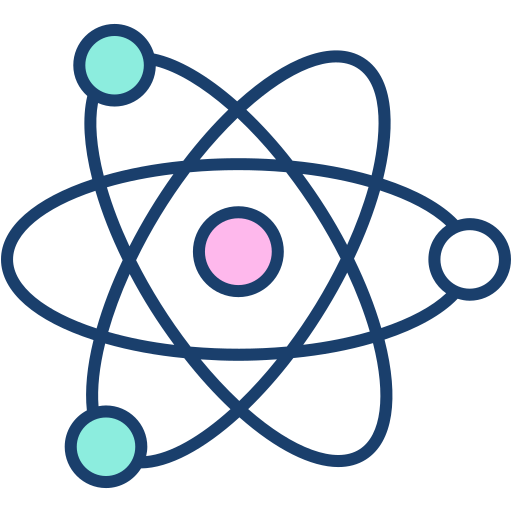Units of Frequency
What are Units of Frequency?
Units of frequency measure how often an event occurs in a specific amount of time, typically in seconds. The base unit of frequency is the hertz (Hz), which represents one cycle per second.
List of Frequency Units
- Hertz (Hz)
- Kilohertz (kHz)
- Megahertz (MHz)
- Gigahertz (GHz)
- Terahertz (THz)
- Petahertz (PHz)
- Exahertz (EHz)
- Zettahertz (ZHz)
- Yottahertz (YHz)
Hertz (Hz)
Definition: The base unit of frequency in the International System of Units (SI), representing one cycle per second. It measures how often an event happens over time.
Common Use: Used for describing the frequencies of audible sounds, and electrical signals.
Kilohertz (kHz)
Definition: Equivalent to 1,000 hertz.
Common Use: Often used in radio frequency equipment, audio signals, and lower frequency electromagnetic waves.
Megahertz (MHz)
Definition: Equal to 1,000,000 hertz or 1,000 kHz.
Common Use: Commonly used to describe the frequencies used in FM and TV broadcasting, as well as in the field of telecommunications like mobile phone frequencies.
Gigahertz (GHz)
Definition: Equal to 1,000,000,000 hertz or 1,000 MHz.
Common Use: Typically used to describe the clock speeds of computer processors and the frequencies of microwave frequencies, including those used for cellular telephone signals.
Terahertz (THz)
Definition: Equal to 1 trillion hertz (1,000,000,000,000 Hz).
Common Use: Terahertz radiation is utilized in scientific research, particularly in imaging and spectroscopy for materials science, security scanning, and biomedical applications.
Petahertz (PHz)
Definition: Equal to 1 quadrillion hertz (1,000,000,000,000,000 Hz).
Common Use: These frequencies are primarily of interest in ultrafast science where researchers study the extremely fast processes such as the dynamics of chemical reactions and quantum physics phenomena.
Exahertz (EHz)
Definition: Equal to 1 quintillion hertz (1,000,000,000,000,000,000 Hz).
Common Use: Not commonly used in practical applications but can describe theoretical studies and high-energy physics, including some forms of gamma radiation.
Zettahertz (ZHz)
Definition: Represents frequencies in the order of 10^21 hertz.
Common Use: Like exahertz, this unit is not used in everyday applications but can relate to frequencies observed in astrophysical phenomena and some theoretical models.
Yottahertz (YHz)
Definition: The largest frequency unit, representing 10^24 cycles per second.
Common Use: This unit is mainly theoretical and used in scientific research that explores the highest possible frequencies, far beyond the electromagnetic spectrum commonly used in technology today.
Conversion of Frequency Units
| Frequency Unit | Equivalent in Hertz (Hz) |
|---|---|
| Kilohertz (kHz) | 1 kHz = 1,000 Hz |
| Megahertz (MHz) | 1 MHz = 1,000,000 Hz |
| Gigahertz (GHz) | 1 GHz = 1,000,000,000 Hz |
| Terahertz (THz) | 1 THz = 1,000,000,000,000 Hz |
| Petahertz (PHz) | 1 PHz = 1,000,000,000,000,000 Hz |
| Exahertz (EHz) | 1 EHz = 1,000,000,000,000,000,000 Hz |
| Zettahertz (ZHz) | 1 ZHz = 1e21 Hz |
| Yottahertz (YHz) | 1 YHz = 1e24 Hz |


